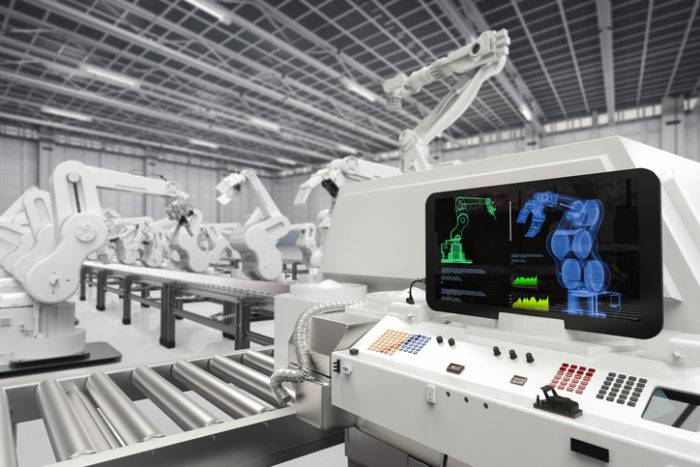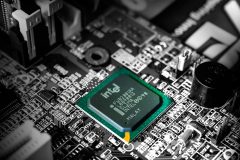As we observe what’s happening in industrial enterprises, there’s an interesting evolution occurring—one that has important implications as companies make their first tentative steps toward the industrial Internet of things (IIoT).
Traditionally, operational technology (OT) teams have tended to think of their environment in terms of the automation equipment within their environment, both hardware and software. They might describe themselves as a “Rockwell shop” or a “Siemens shop.” They identified with the tools that made automation possible.
See also: In industrial IoT, think of a May-December romance
But that’s beginning to change. We’re now seeing an increasing number of organizations where engineers are focused less on the tools and more on the data that’s generated by their automation systems. This evolution reflects the increasing recognition that data and advanced analytics offer tremendous opportunities for unlocking business value. More and more, people are focused on data rather than applications. That’s a major shift in mindset.
What’s driving this shift? In part, it’s being driven by the explosive growth in data as a result of the increase in computing intelligence at the edge, closer to production processes.
What are the four “I’s”?
This is the first step in the progression to a true IIoT infrastructure—a progression I call “the four ‘I’s.” It starts with Insightful, using business analytics to drive insights and efficiencies. They can then progress to Intelligent, connecting elements across the infrastructure to enable real-time optimization. The ultimate state is Invisible, where decisions are made in real time based on artificial intleligence (AI) with no human intervention.
Most industrial enterprises are in the Informed stage, though forward-looking enterprises are thinking strategically about their roadmap to the more advanced phases. Some industries are progressing faster than others based on their perceived return on investment. For example, the food and beverage industries are actively embracing IIoT technologies. They recognize the value of using real-time data analytics to help ensure not only production efficiency but also the safety and quality of their products, which is critical to the value of their brands. Other highly regulated industries are seeing the value in production data to help ensure compliance.
Some “old school” industries, on the other hand, may be slow to recognize the value of data in terms of optimizing their efficiency or gaining a competitive advantage. As technology progresses, I predict these holdouts will begin to recognize real-time analytics as an essential component of a modern industrial enterprise—or find themselves playing catch-up.
For the enterprises that “get it,” this growth in data—and its increasing criticality to the business—is a catalyst to modernize their infrastructure. That infrastructure needs to be scalable to accommodate accelerating data growth and flexible to allow new ways to use real-time data analytics. As they become more reliant on data, they need to think about how to protect that valuable data. That means viewing data availability and integrity as a core requirement, not as an afterthought.










